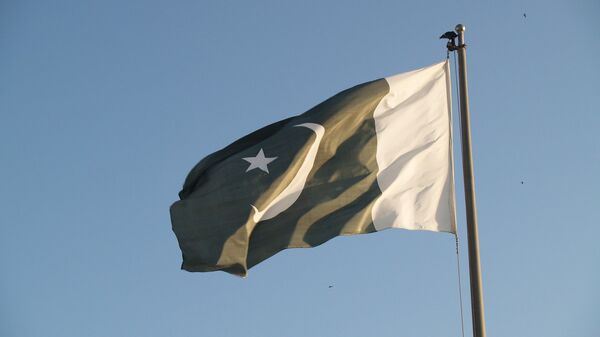"Pakistan shall take all measures at its disposal to ensure that Jadhav is not executed pending the final decision in these proceedings and shall inform the court of all the measures taken in implementation of the present order. The court also decides that, until it has given its final decision, it shall remain seized of the matters which form the subject-matter of this order," court President Ronny Abraham said, after rejecting Pakistan’s argument that the court did not have jurisdiction over the matter.
“The ICJ order has come as a great relief to the family of Kulbhushan Jadhav and people of India. I assure the nation that under the leadership of Prime Minister Modi we will leave no stone unturned to save Kulbhushan Jadhav,” Sushma Swaraj, India’s Minister for External Affairs, said.
The ICJ order has come as a great relief to the familly of Kulbhushan Jadhav and people of India.
— Sushma Swaraj (@SushmaSwaraj) 18 мая 2017 г.
India filed its request for the indication of provisional measures on May 8, the same day that it initiated proceedings against Pakistan in a dispute concerning alleged violations of Article 36 of the Vienna Convention on Consular Relations of April 24, 1963, with respect to Jadhav’s being sentenced to death in Pakistan.
Earlier, the Pakistan military court had awarded death sentence to Jadhav alias Hussein Mubarak Patel for his involvement in espionage and sabotage activities against Pakistan.
“RAW agent Commander Kulbushan Sudhir Jadhav spy has been tried through Field General Court Martial (FGCM) under Section 59 of Pakistan Army Act (PAA) 1952 and Section 3 of Official Secrets Act of 1923… and awarded death sentence. Today COAS, Gen Qamar Javed Bajwa has confirmed his death sentence awarded by FGCM,” a statement released by the Inter-Service Public Relations of Pakistan said on April 10.
Jadhav’s family members said he had quit the Indian Navy and was running a small cargo transport business, ferrying cargo between two ports in Iran. He had an Iranian visa valid up to June 2016.



